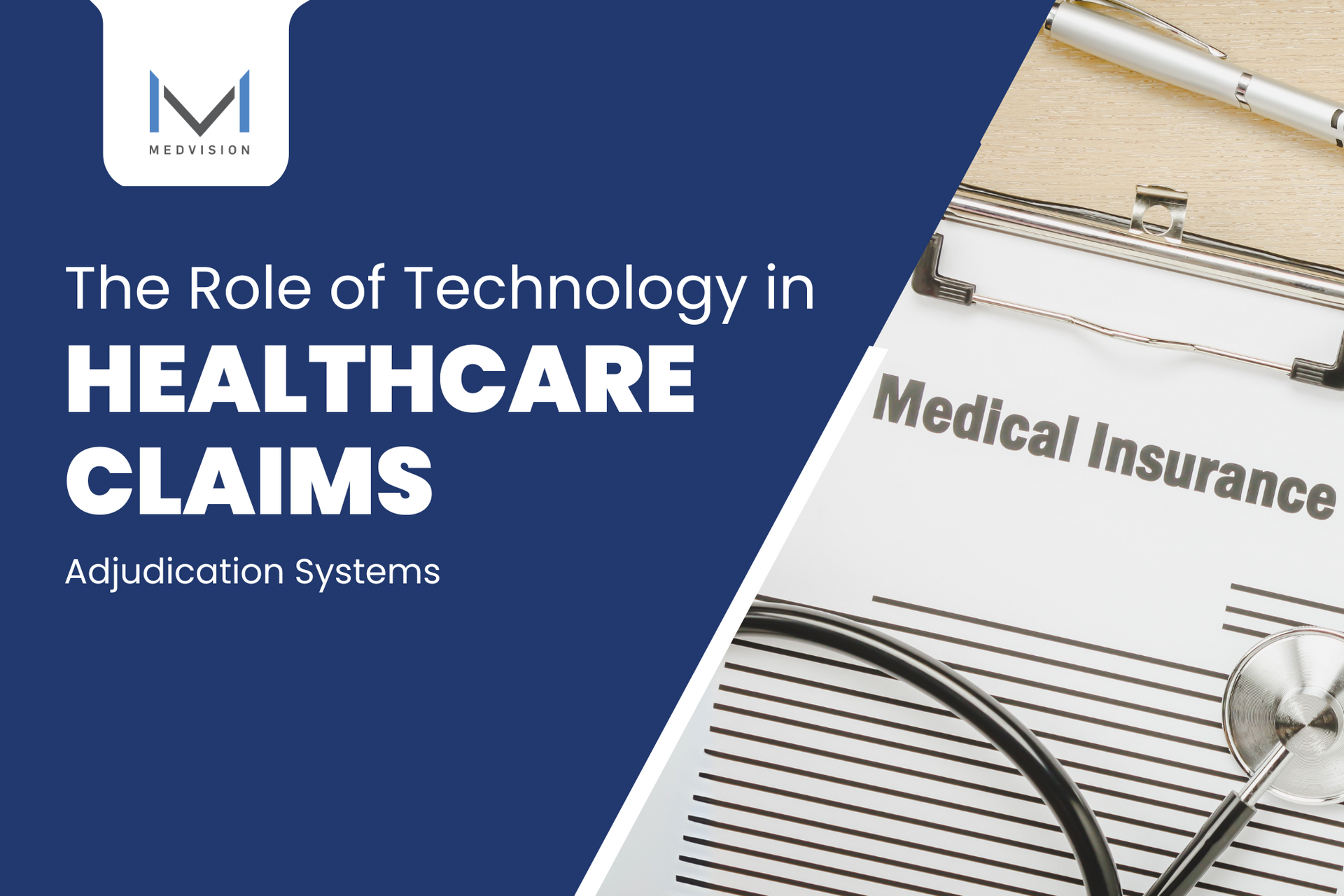Auto Adjudication: Retrieve Fee Schedule Rate With This
Calculating the fee schedule rate is complex, to say the least. You have to determine the provider’s bill per service and the codes representing the services provided. On a fee-for-service (FFS) basis, providers are paid apiece for each medical care rendered. This type of payment model, or any type for that matter, requires auto adjudication to efficiently process claims and accurately pay providers. Health insurers typically handle several claims in a day, and reviewing each form containing different data for the adjudication process is time-consuming. However, with an integrated claims adjudication system that automatically calculates fee schedule rates, it can easily lift the heavy burden off to better manage submitted claims and help ease the workflow.
What is the Fee Schedule Rate?
A
fee schedule is a complete listing of fees used by Medicare to pay doctors, other providers, or suppliers. This comprehensive listing of fee maximums is used to reimburse a physician and providers that participate in a fee-for-service payment model. The Centers for Medicare and Medicaid Services (CMS) develops fee schedules for physicians, ambulance services, clinical laboratory services, durable medical equipment, prosthetics, orthotics, and supplies.
The identified fee schedule is then used to figure how much the provider receives according to the quantity of care. The rate comes after the appropriate conversions and adjustments are made. It is not enough if your claims auto-adjudication system is only capable of reviewing and analyzing data. While there is no doubt that it is beneficial in making claim decisions, you simply get more work done if your system has a specialized feature that works to consolidate all data and properly calculate fee schedule rates.
Identifying A Provider’s Pricing Per Service for the Medical Claims
According to the
article published by the American Speech-Language-Hearing Association (ASHA), the Medicare Physician Fee Schedule (MPFS) uses a resource-based relative value system (RBRVS) that assigns a relative value to current procedural terminology (CPT) codes. The relative weighting factor or relative value unit (RVU), derived from a resource-based relative value scale, is the implemented method to determine the compensation of the provider’s services, and it corresponds to the following physician work components:
Professional component
It is the work expressed in the amount of time, technical skill, physical effort, stress, and judgment for the procedure required from physicians and certain other providers.
Technical component
It is the practice expense expressed in overhead costs such as the assistant's time, equipment, and supplies.
Professional liability component
It is the practice expense expressed for medical malpractice lawsuits out of negligence and errors.
CMS determines the final relative value unit for each code, which is then multiplied by the annual conversion factor (a dollar amount)
to yield the national average fee. Rates are adjusted according to geographic indices based on the provider locality.
Automatically Calculate Fee Schedule Rates with QuickCap’s ClaimShop
There’s no question about the efficiency of the claims auto-adjudication system. But is there a comprehensive software in the market that provides a feature that can streamline the process of calculating rates like QuickCap’s ClaimShop does? With ClaimShop, you can easily fetch the right claim pricing for the provided services and obtain the accurate contract amount.
- Retrieve the claim pricing for Diagnosis-Related Group (DRG), Ambulatory Payment Classification (APC), and RBRVS
- Set up whether the pricing is for sequestration, readmission reduction (RRP), value-based pricing (VBP), and health maintenance organization (HMO) payer
- Configure the percentage that will be applied to the claim
- Access edits based on Medicare
- Review the claim pricing status
Knowing how intricate it is to navigate your way around the adjudication process, it is only best that you equip yourself with the right tools. Integrate the most advanced feature for your auto adjudication system so you can be in full control of your workflow and effectively handle medical claims.
By Ma. Yvette Quiwa
•
December 13, 2024
Learn how advancements like automation and customizable workflows transform healthcare claims adjudication, improving accuracy and streamlining processes.
January 20, 2023
A comparison between standard auto-adjudication vs. SQL-based adjudication reveals which workflow best fits the demands of today's healthcare industry.
September 13, 2022
Learn how claims adjudication works—from submission to payment. Discover how automation improves accuracy, reduces denials, and streamlines billing workflows.
June 17, 2021
how AI and SQL are transforming healthcare claims and authorizations. Learn how platforms like QuickCap streamline adjudication for better outcomes.
















